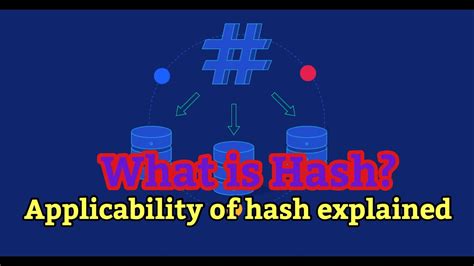Understand Metamask and his role in EIP-712
When implementing intelligent contracts in the Ethereum network, one of the most exciting functions is to use EIP-712 signatures (Ethereum improvement proposal 712). However, many developers are not aware of, such as Metamask, a popular decentralized application (DAPP) -Wollet and Tool, plays a crucial role in the enabling of these signatures.
In this article we will immerse yourself in the world of EIP-712 signatures and examine your application in the context of Metamask.
What is an EIP-712 hash?
An EIP-712-Hash is a kind of digital signature that uses a combination of data and a cryptographic hash function to ensure the authenticity and integrity of a message. In connection with intelligent contracts, EIP-712-Hashes are used to identify and check the property of certain information.
The Metamask role

Metamask is a widespread dapp pocket and tool, with which users can manage their private keys and interact with various applications based on Ethereum. One of his main features is integration with popular blockchains, including Binance Smart Chain (BSC), polygon and others.
When implementing EIP-712 signatures in solidity, the developers rely on the functionality of Metamask in order to generate the necessary hashes for their applications. Here are some options for Metamask EIP-712 signatures possible:
- Keccak256 hash generation : Metamask enables users to define a custom hash function with KECCAK256, which is used as the underlying cryptographic hash algorithm for EIP-712-Hashes.
- Smart Contract Deployment : If you provide intelligent contracts on Ethereum or other blockchains, developers can use Metamask’s provision tools to generate and save the required EIP-712-Hashes for your contract.
- Private Key Management : Metamask offers a safe way to manage private keys that interact with various blockchain networks. This ensures that the private keys of the users remain confidential and safe.
EIP-712 Hashes in solidity
When implementing EIP-712 signatures in solidity, developers can generate custom hashes with the “Keccak256” function or a third-party library such as OpenSpelins “EIP712”.
Here is an example of how Metamask can be used to generate an EIP-712-Hash for a contract:
`Solidity
Pragma solidity ^0.8.0;
Import “
Import “
Treaty nice {
bytes32 private constant bid_type_hash = keccak256 (“bid (uint256 Num1, uint256 num2)”);
appeal to public owners;
Uint256 public offer;
Functional ornacner (address _owner) Public {
Request (_Muner! = Address (0), “Owner cannot 0”);
Owner = _ owner;
}
Functionbid (Uint256 Num1, Uint256 Num2) public {
require (msg.sender == owner, “only the owner can offer”);
bid = Num1 * Num2;
}
}
`
In this example, we have defined a “setowner” function that updates the owner’s address and demands that the current owner are not 0. We also implemented the “BID” function that checks whether the owner call account is before we admit a bid.
Diploma
Metamask plays a crucial role in activating EIP-712 signatures by offering a secure and convenient way to generate and save user-defined hashes for intelligent contracts. By using the functions of metamask, developers can concentrate on implementing their applications without worrying about the underlying cryptographic algorithms or private key management.
In this article we examined how Metamask made EIP-712 signatures easier in solidity and provided an example of use in a real contract implementation.
